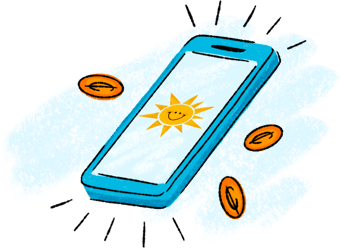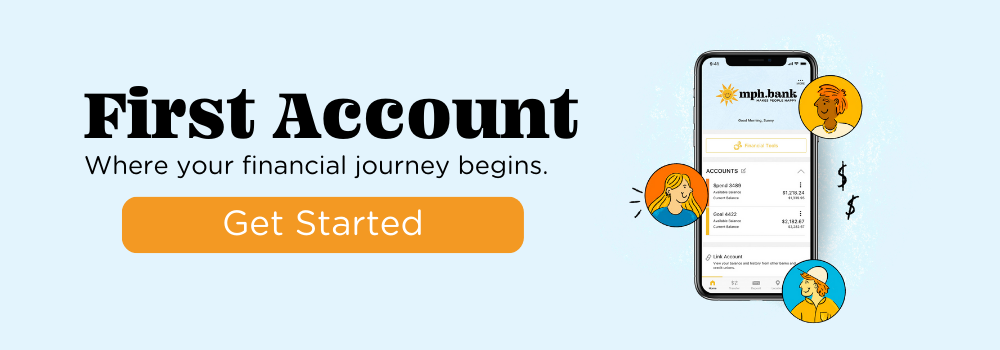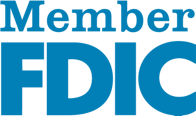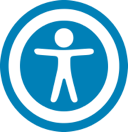As you embark on the thrilling journey of adulthood, there is one crucial skill you must conquer: comprehending and controlling your bank account. Fear not; it's not as daunting as it may appear. In this amiable and informative guide, we will take you by the hand and lead you through the essential knowledge you need to have about your personal finances.
Related Article: College Student Looking For Financial Tips
1. The Basics of Bank Accounts
First things first, let's break down what a bank account is. Think of it as your own personal safe where you can stash your money securely. There are primarily two types you should be aware of:
Savings Account
This one's for saving money. It's like planting seeds that grow over time with a little help from something called "interest."
Checking Account
This is your go-to for everyday spending. You can write checks (yes, those paper things) or use a debit card linked to your checking account to pay for stuff.
2. Deposits and Withdrawals
Now that you know where your money hangs out, let's talk about how to get money in and out:
Deposits
This is like feeding your piggy bank. When you put money into your account, it's called making a deposit. You can do this with cash, checks, or even direct deposits from a job or allowance.
Withdrawals
When you take money out of your account, it's called a withdrawal. You can do this at an ATM, write a check, or make an electronic transfer.
3. Balancing Act
Imagine your bank account is like a see-saw; you want to keep it balanced. That means you should always know how much money you have in your account. You can check this online, at an ATM, or by asking a bank teller. Don't spend more than you have, or you might end up owing the bank money (and nobody wants that).
4. Watch Out for Fees
Banks might charge fees for different things, like monthly maintenance or using ATMs from other banks. Keep an eye on your account to avoid these sneaky charges. It's your money, after all!
5. PIN and Security
Your bank account comes with a PIN (Personal Identification Number). It's like a secret handshake between you and your money. NEVER share it with anyone, not even your BFF. And when you're using an ATM or making online transactions, make sure nobody's peeking over your shoulder.
6. Savings Goals
Your bank account can be a great tool for achieving your goals, whether it's buying a new gadget, saving for college, or even planning for your first car. Set some savings goals and watch your money grow toward them.
7. Budgeting
As you get older, you'll find that managing your money becomes more important. Start thinking about budgeting - it's like creating a roadmap for your finances. Allocate money for different things like saving, spending, and maybe even a bit for charity.
8. Online Banking
In our digital age, online banking is super convenient. Learn how to use it responsibly and securely. Create strong passwords, and always log out when you're done.
9. Be Responsible
Remember, your bank account is your financial responsibility. If you lose your debit card or suspect any suspicious activity, contact your bank right away. They're there to help you!
10. Learning for Life
Bank accounts aren't just about today; they're also about your future. Start early, and you'll build a strong foundation for managing your money as an adult. It's a skill that will serve you well throughout your life.
Your bank account is like a treasure chest of financial knowledge waiting to be explored. The more you understand it now, the more confident and in control you'll be with your finances in the future. Happy banking!
What do fish use as currency?
Sand Dollars! Sign up to receive important information on banking, financial tips, and jokes like this directly to your inbox










